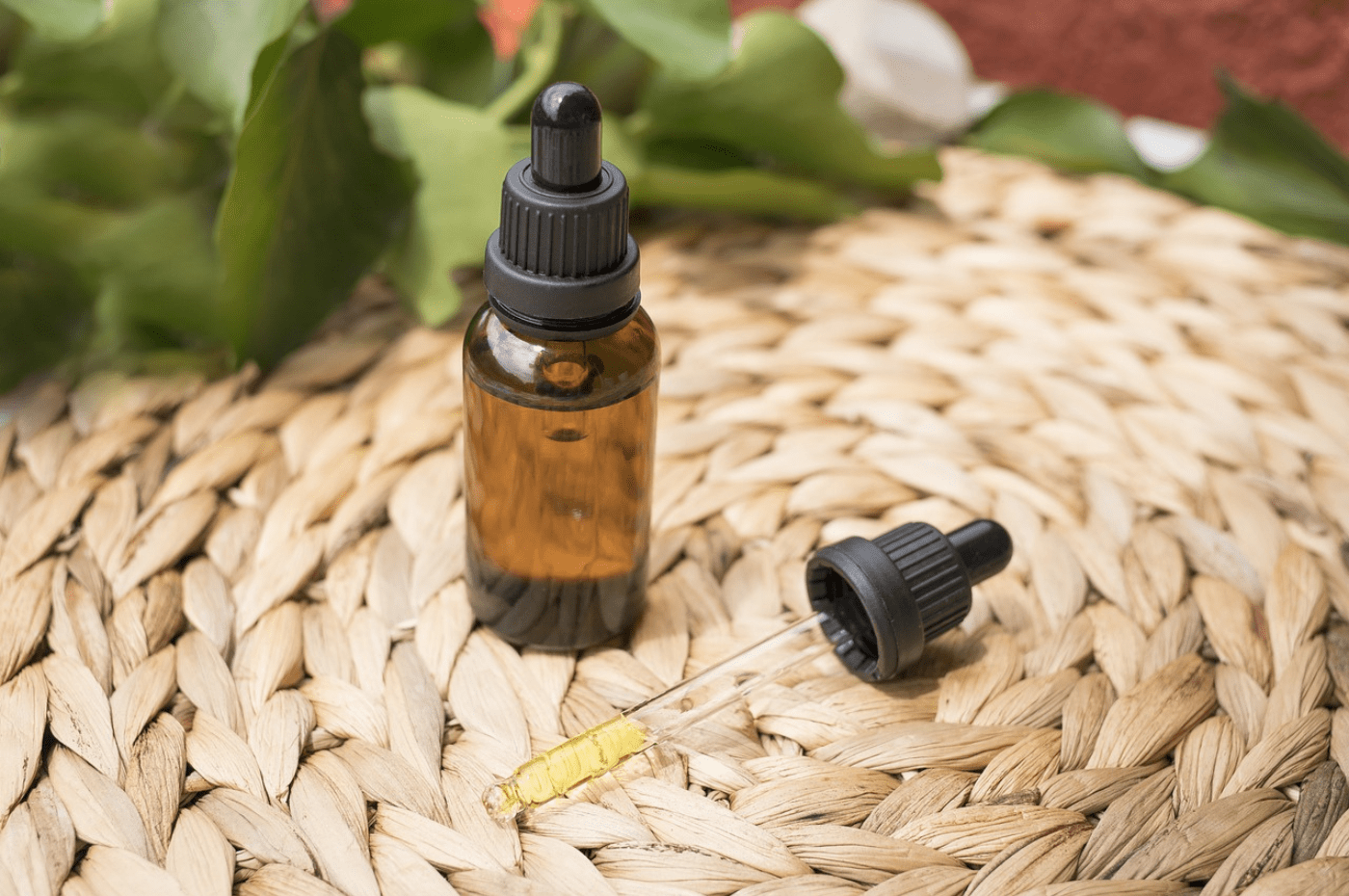Cannabis is becoming more accepted as a legitimate form of treatment for various medical conditions. With growing research supporting its benefits for pain, anxiety, and certain chronic illnesses, many people are interested in incorporating cannabis into their healthcare plans. However, talking to your doctor about using cannabis can feel intimidating or confusing, especially if you are not sure where to start.
Why Should You Talk to Your Doctor About Cannabis?
It might be tempting to skip the doctor altogether and try cannabis on your own. However, your doctor plays a crucial role in your overall health. Cannabis, while natural, is still a drug that can interact with other medications or affect your health in unexpected ways. Consulting your doctor ensures that you are using it safely and effectively.
Here are some reasons why talking to your doctor is essential:
- Safety: Your doctor can help monitor potential side effects or interactions with other medications.
- Dosage guidance: They can help you figure out the right dosage for your needs.
- Tailored treatment: A healthcare provider can guide you in choosing the right form of cannabis, whether it's oil, edibles, or inhalation, depending on your condition.
- Legal and ethical concerns: Your doctor can advise on the legal status of medical cannabis in your region and whether it fits your medical plan.
Be Prepared Before Meeting Your Doctor
Preparation is key to having a productive conversation with your doctor. Before scheduling an appointment, gather all the necessary information.
1. Research Cannabis and Its Benefits
You don’t need to become an expert, but it’s helpful to have a basic understanding of cannabis. Look into how cannabis is used for medical purposes, especially for conditions similar to yours. Know the difference between THC (tetrahydrocannabinol) and CBD (cannabidiol), the two main active compounds in cannabis. THC is responsible for the “high,” while CBD offers medicinal benefits without the psychoactive effects.
Understand Your Medical Condition
Make sure you know your medical history and any ongoing treatments. This includes the medications you’re currently taking, the symptoms you’re experiencing, and how traditional treatments are working (or not working) for you. This information will help your doctor assess whether cannabis could be beneficial.
Check the Legal Status
Even if cannabis is legal for recreational use in your area, medical cannabis may have its own rules. Some states or countries require a medical prescription or certification to access cannabis for health reasons. Be aware of the legal framework so you and your doctor can follow the right protocols.
2. How to Start the Conversation
When you are ready to talk to your doctor, approach the conversation openly and honestly. It’s normal to feel nervous, but remember that your doctor is there to help you find the best treatment.
- Be Honest About Your Interest: Start the conversation by being upfront about your interest in cannabis. You could say something like how you read the potential benefits of cannabis for your particular condition and how you felt like discussing whether it is a good option for you.
- Mention Specific Benefits: If you’ve done your research, mention specific benefits that could apply to your situation. Being specific shows that you are informed and serious about exploring this treatment.
- Ask for Their Expertise: Even though you may have learned a lot about cannabis, your doctor has professional medical training. Show respect for their expertise by asking for their opinion. This will show that you value their input and are open to hearing their perspective.
3. Questions to Ask Your Doctor
Once the conversation gets going, you may have several questions. Asking the right questions will help you understand whether cannabis is a good fit for your treatment plan.
Is Cannabis Safe?
Your doctor should consider your medical history, any current medications, and any underlying conditions before making a recommendation.
What Form of Cannabis Should I Use?
Cannabis comes in various forms, including edibles, oils, capsules, and inhalants. Each has its pros and cons. For example, inhalation works faster but wears off quickly, while edibles take longer to kick in but have lasting effects.
What Dosage Should I Start With?
Finding the right dosage is important because cannabis can affect people differently. Your doctor can guide you on starting with a low dose and gradually increasing it if necessary.
Will Cannabis Affect My Current Treatment?
If you are already on medication, it’s essential to ask whether cannabis will interact with it. Some medications may be less effective or cause side effects when combined with cannabis.
4. Handling Resistance from Your Doctor
Not all doctors are open to prescribing or recommending cannabis. Some may have concerns based on outdated information or a lack of experience with cannabis in a medical setting.
- Stay Calm and Open: If your doctor seems hesitant, don’t be discouraged. Stay calm and respectful. Acknowledge their concerns and ask them to explain their reasoning.
- Provide More Research: If you have done your research, you can share reputable studies or articles that support the use of cannabis for your condition.
- Seek a Second Opinion: If your doctor is unwilling to consider cannabis as a treatment option, you may want to seek a second opinion. Many doctors specialise in medical cannabis, and they may be more open to exploring it with you.
Monitor Your Progress
If you and your doctor decide to move forward with cannabis, make sure you track your progress. Keep a journal of how you feel, including any side effects, improvements, or challenges. This information can help you and your doctor make adjustments over time to ensure you’re getting the best possible results.
Talking to your doctor about incorporating cannabis into your treatment plan doesn’t have to be difficult. By preparing yourself, being honest, and asking the right questions, you can have a productive conversation that prioritizes your health and well-being. Whether your doctor is supportive or hesitant, staying informed and respectful will help you understand the process effectively. Always prioritize your safety and well-being, and don’t be afraid to seek a second opinion if necessary.





Leave a comment
This site is protected by hCaptcha and the hCaptcha Privacy Policy and Terms of Service apply.